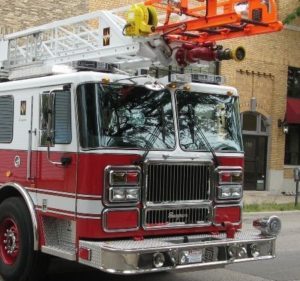Characteristics of Tankless Hot Water Heaters, Their Plusses and Minuses
Instantaneous water heaters, also known as tankless hot water heaters, give hot water only when it is needed. These water heaters can produce hot water at a rate of 2 to5 gallons per minute. It is valuable for remote bathrooms and hot tubs. As with any appliance, there are things to consider before buying it. Let us weigh its advantages and disadvantages.
Advantages
Tankless water heaters can save up to 24% to 34% energy than that of conventional storage tank heaters. It is more energy efficient to

a home, which uses more than 80 gallons per day. Usually, a family can save up to $100 a month for using such water heater. If you will look at it, it saves money in the long run.
Its reliability is also something to be considered. An instantaneous water heater can continuously supply water if it is sized properly, as if it doesn’t run out of water. Further, despite its supply capacity, it actually takes lesser space. Storage is easy as it is usually small and can be put even against a wall.
Another advantage is its life expectancy. It can be used up to 20 years. Compared to the traditional water heater, it saves users more money from no longer having to spend for regular replacements.
Lastly, consider safety. This heater is safe to use since it only works whenever hot water is required unlike the traditional water heater. This means that it is not turned on all the time which lessens the chance of overheating or experiencing a short circuit.
Disadvantages
One of the most evident disadvantages of such heater is its cost. It costs twice the price of an ordinary water heater.
In addition to its expensive price is the installation fee. Given its need for additional circuit as well as other special venting and piping requirements, installation can cost up to four times than that of a regular storage-type tank.
Taking care of this type of water heater also takes more effort. If you are in an area where you use hard water, you will need to install a water softener so you will not damage your tankless water heater. This will again add to your household expenditures.
Although this type of water heater really works efficiently, some units are complicated to operate. You’ll need a good plumber to guide you through its proper usage and maintenance. Gas units of this type also require annual servicing.

 space and overall maintenance requirements and cost are considered, most households go for the electrical type of water heaters. Energy cost, however, may be higher than the natural gas tank and tankless types.
space and overall maintenance requirements and cost are considered, most households go for the electrical type of water heaters. Energy cost, however, may be higher than the natural gas tank and tankless types.

 e tank or tankless.
e tank or tankless.